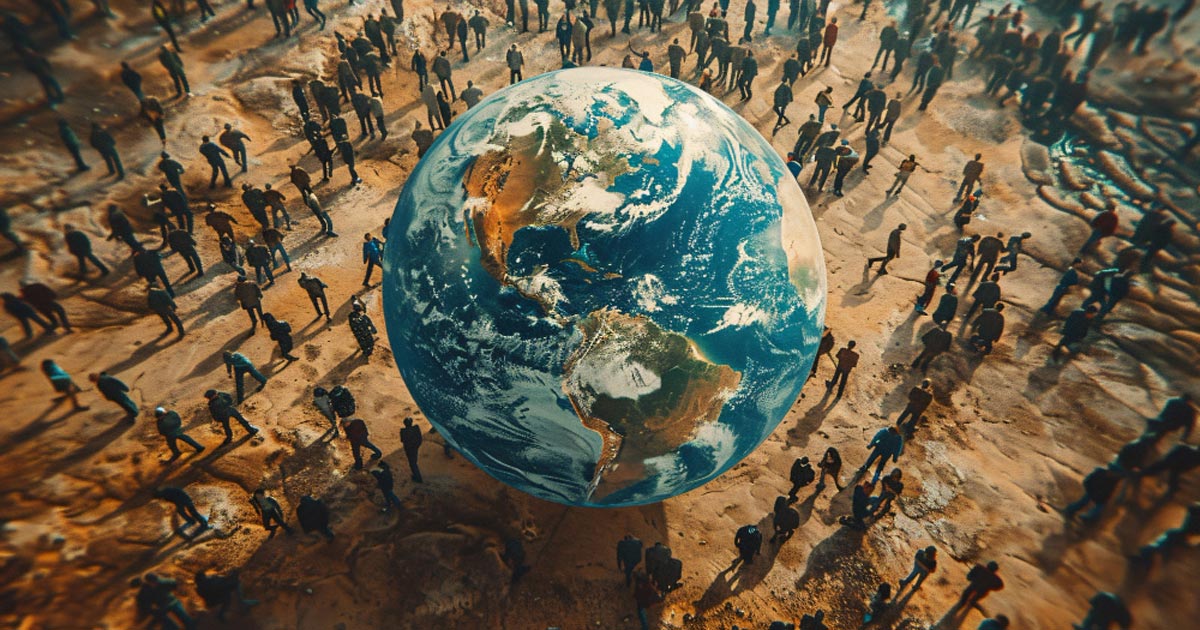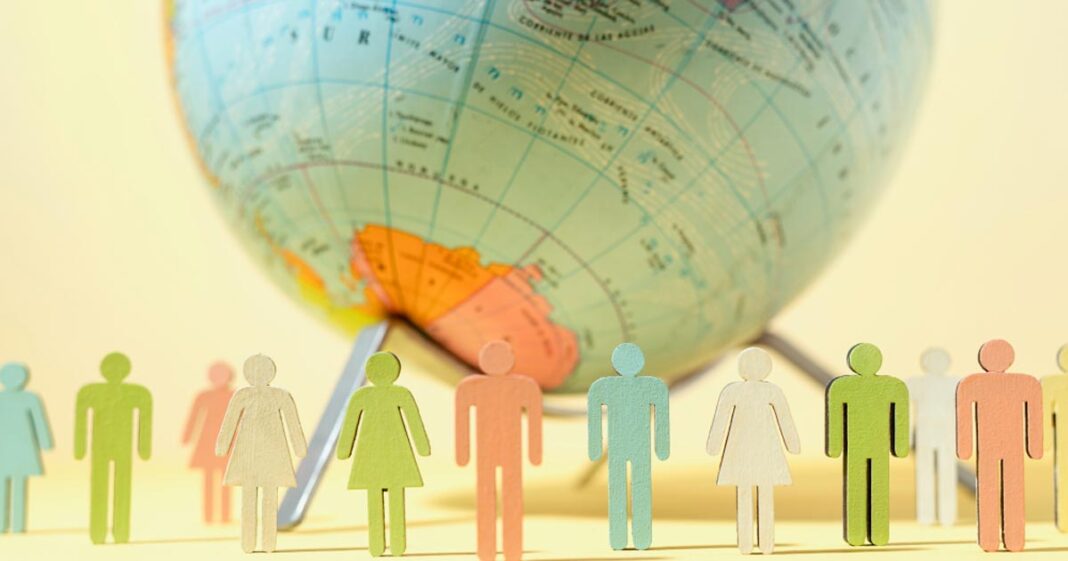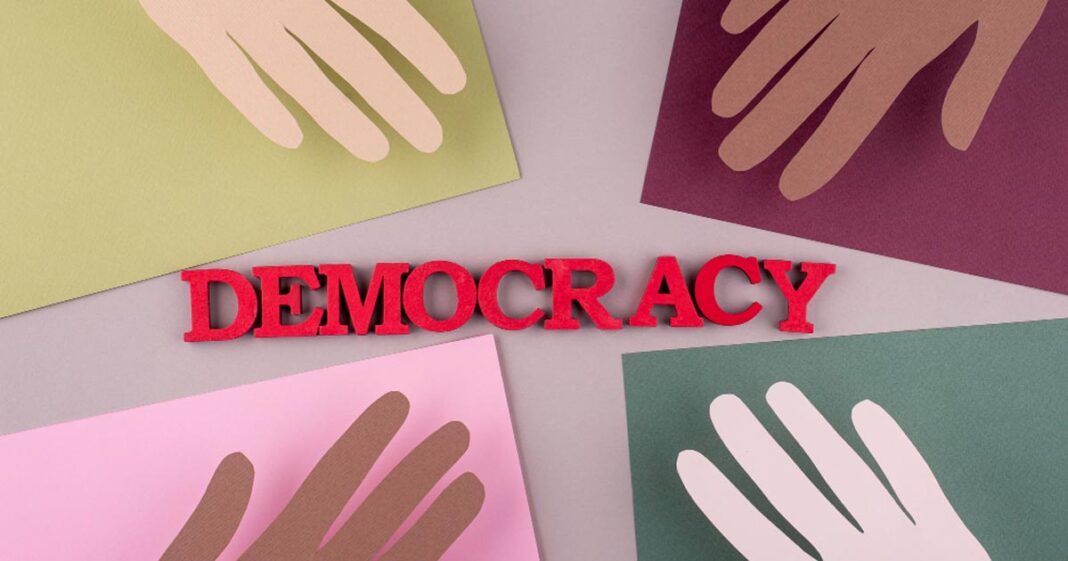
Introduction
Since its establishment in 1945, the United Nations (UN) has played a crucial role in maintaining global peace and security. As an international body representing 193 nations, the UN works to prevent conflicts, mediate peace negotiations, and provide humanitarian aid. But how effective has the UN been in resolving global crises, and what challenges does it face today?
The UN’s Mission and Key Responsibilities
The UN Charter outlines its primary goal: “to save succeeding generations from the scourge of war.” To achieve this, the UN operates through several key mechanisms:
– Peacekeeping Operations: Deploying forces to conflict zones to maintain stability.
– Mediation and Conflict Resolution: Facilitating diplomatic negotiations between nations.
– Sanctions and Resolutions: Imposing economic and political measures to deter aggression.
– Humanitarian Aid and Development: Providing relief to war-torn regions and promoting sustainable development.
Success Stories in Conflict Resolution
The UN has been instrumental in resolving numerous conflicts. Here are a few notable successes:
1. The End of Apartheid in South Africa
Through diplomatic pressure and economic sanctions, the UN played a key role in ending apartheid in South Africa. Resolutions condemning racial segregation and support for international sanctions helped push for political reform, leading to Nelson Mandela’s election in 1994.
2. Peacekeeping in Sierra Leone
In the early 2000s, Sierra Leone was ravaged by civil war. The UN deployed peacekeeping troops, successfully disarming 75,000 fighters and restoring stability. Today, Sierra Leone is a model for post-conflict recovery.
3. Nuclear Agreements with Iran
The Joint Comprehensive Plan of Action (JCPOA), commonly known as the Iran Nuclear Deal, was facilitated by the UN to prevent Iran from developing nuclear weapons. While the deal has faced challenges, it demonstrated the UN’s diplomatic influence.
Challenges the UN Faces Today
Despite its successes, the UN faces significant challenges:
– Lack of Enforcement Power: The UN depends on member states to enforce resolutions, often limiting its effectiveness.
– Security Council Conflicts: Veto powers of permanent members (U.S., Russia, China, UK, France) can lead to deadlocks in critical decisions.
– Funding Issues: Many member nations fail to pay their dues, weakening UN initiatives.
– Human Rights Concerns: The UN has been criticized for failing to prevent genocides, such as in Rwanda (1994) and Myanmar (Rohingya crisis).
The Future of Global Diplomacy
The UN must evolve to remain effective in an era of shifting global power dynamics. Strengthening international cooperation, modernizing peacekeeping operations, and increasing accountability could help the UN remain a pillar of global stability.
Conclusion
While the UN has played a vital role in peacekeeping, conflict resolution, and humanitarian aid, it must address its limitations to remain effective. Strengthening global diplomacy and reforming the Security Council could shape a more secure and peaceful future. The question remains: Will the UN adapt to the new challenges of global politics, or will its influence wane in the face of rising geopolitical tensions?





